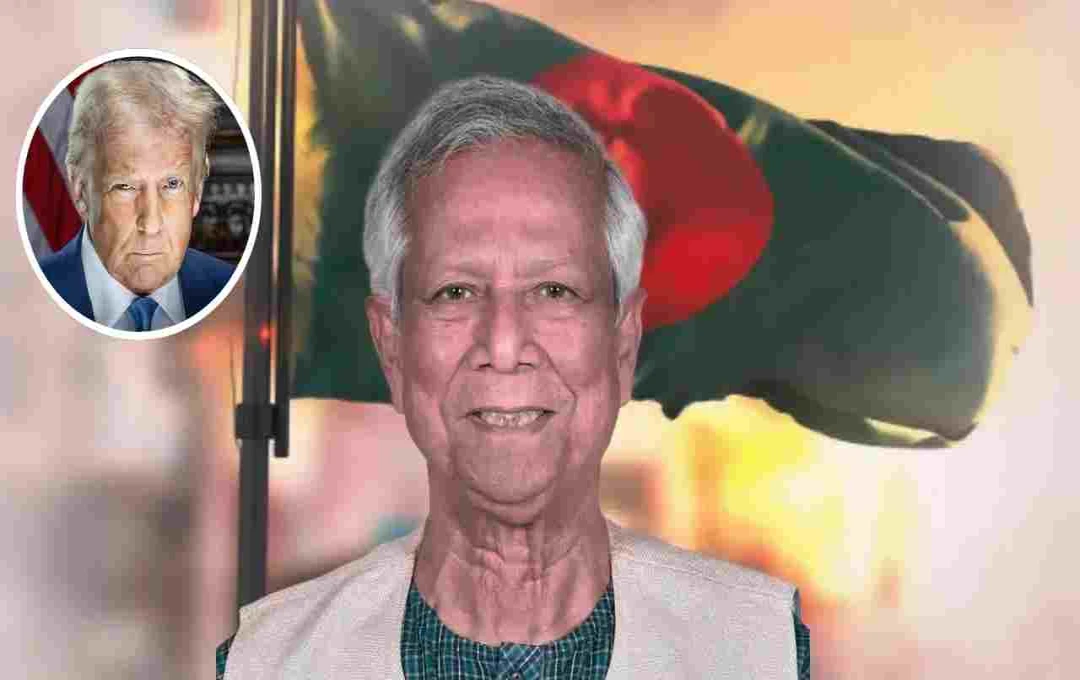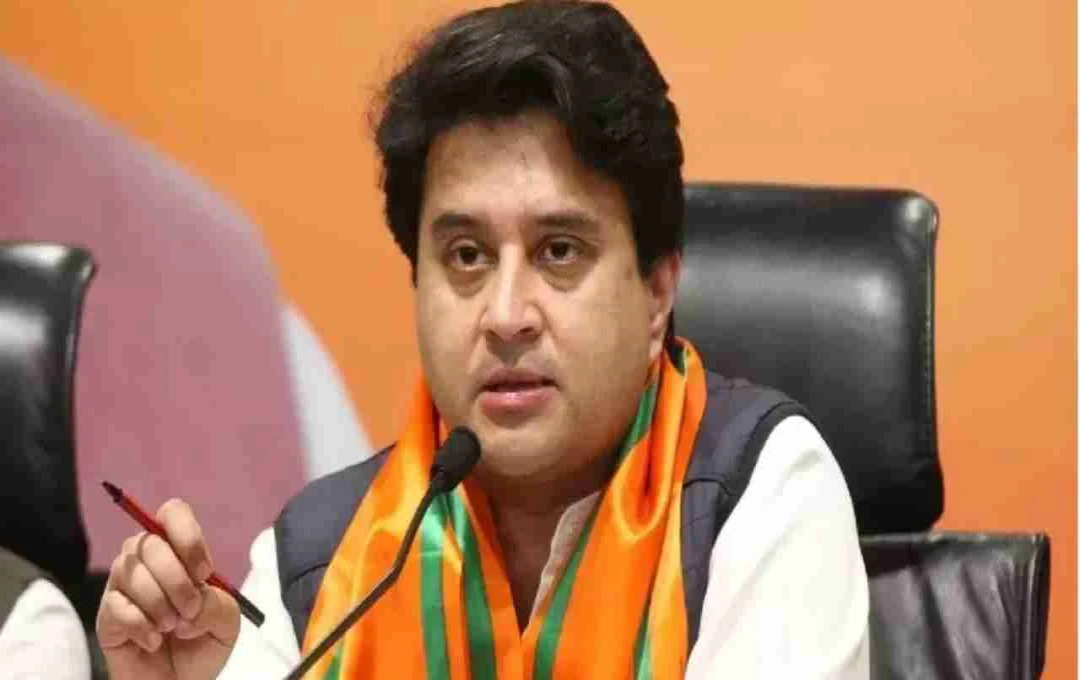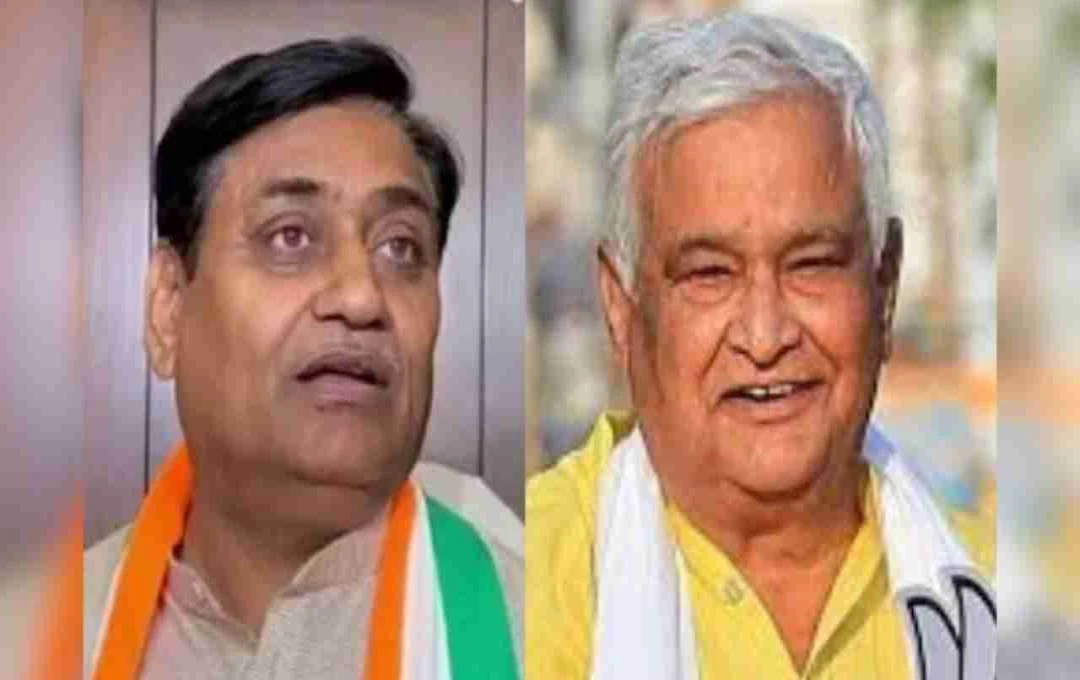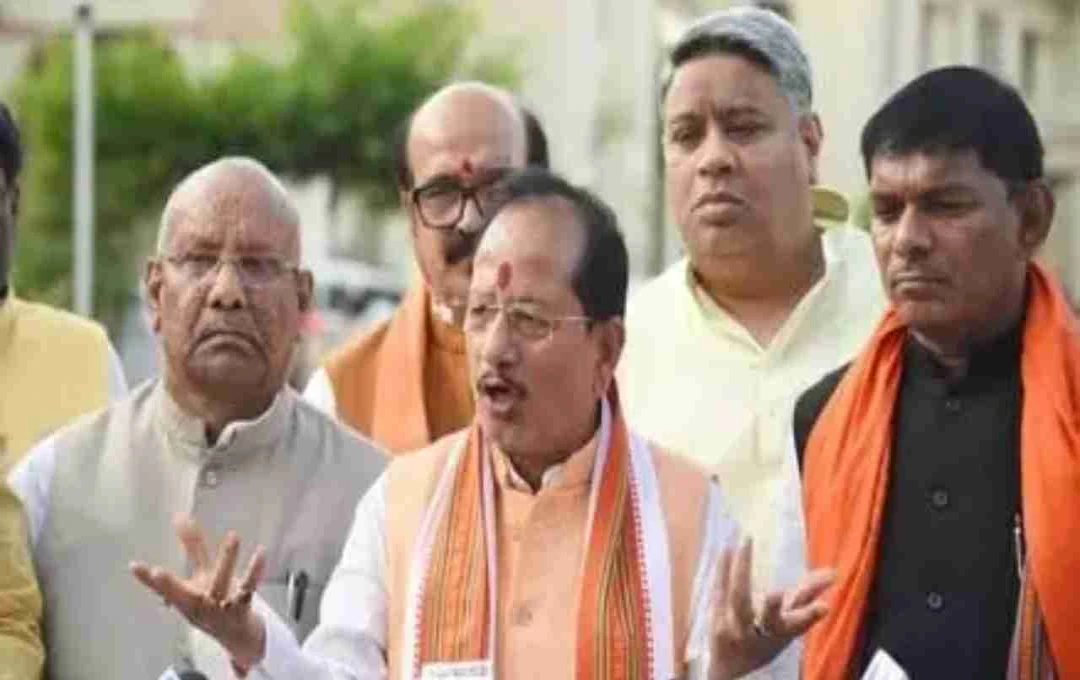The instability in Bangladesh's current interim political landscape signals not only internal turmoil but also poses a significant challenge to neighboring countries and strategic partners like India.
Dhaka: Bangladesh's political stability once again appears to be a victim of geopolitical calculations. Muhammad Yunus, once a Nobel laureate and symbol of poverty eradication, is now at the center of international intrigue. The question is not merely the legitimacy of the interim government, but the deeper agenda unfolding under the guise of a purported US strategy known as "Operation Myanmar."
It is believed that the current interim framework in Bangladesh serves not only as a placeholder for power, but also as a means to advance US strategic interests near the Myanmar border. Yunus's role as chief advisor to the interim government has been questioned, but recent events heighten concerns about whether he is a democratic leader or a pawn of Western interests.
Politics of Delay Instead of Elections
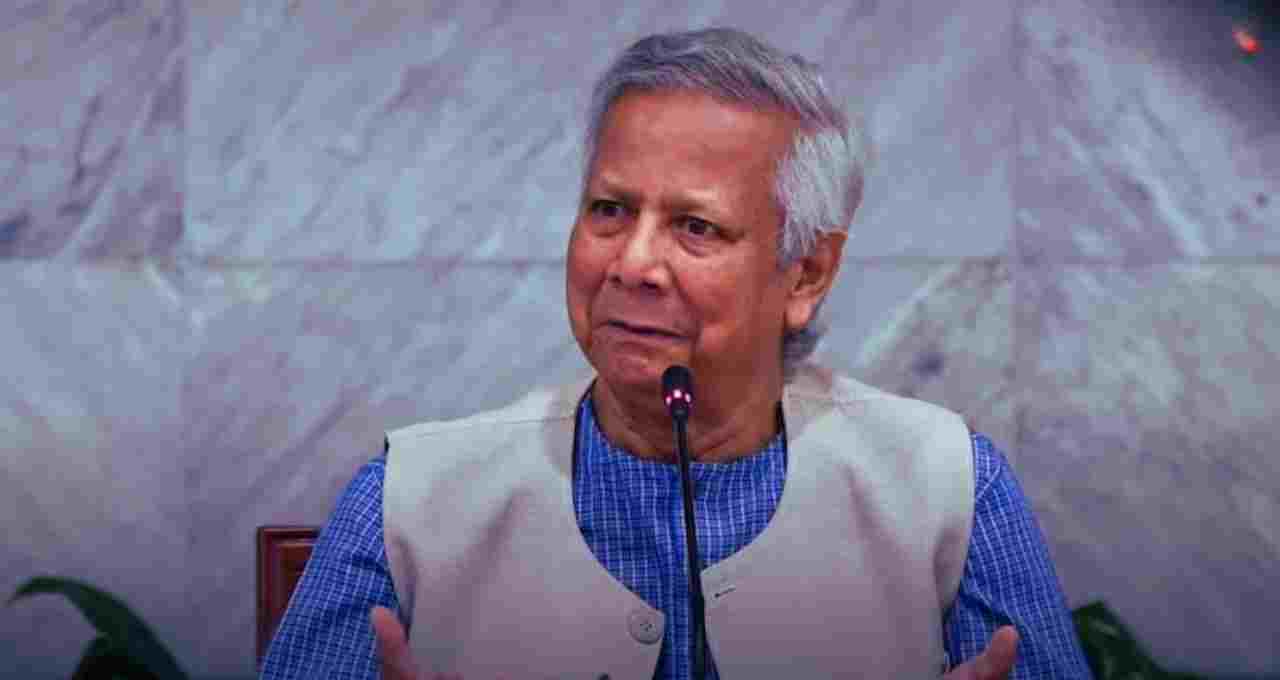
When the interim government was formed in August 2024, a promise was made to hold transparent elections within 90 days. However, Yunus himself now states that elections are not possible until early 2026. This has angered the Bangladeshi public, particularly the main opposition party, BNP, who have termed the delay a "murder of the mandate."
Is the US Building a ‘Strategic Tunnel’?
Many analysts believe this is not a simple power shift, but the establishment of a strategic 'base camp.' Visits by senior officials from the US Pacific Command and reports of Bangladeshi military preparations along the Rakhine border confirm that the US seeks to leverage both Bangladeshi land and its government to expand its military influence towards Myanmar.
Yunus's supporters have launched a social media campaign portraying him as Bangladesh's 'savior' and 'only option.' This appears to be less about serving democracy and more about securing a prolonged period in power. Fueling this narrative are the same US think tanks and agencies that previously did not hesitate to label Sheikh Hasina a 'dictator'.
Bangladesh's Future or Strategic Pawn?
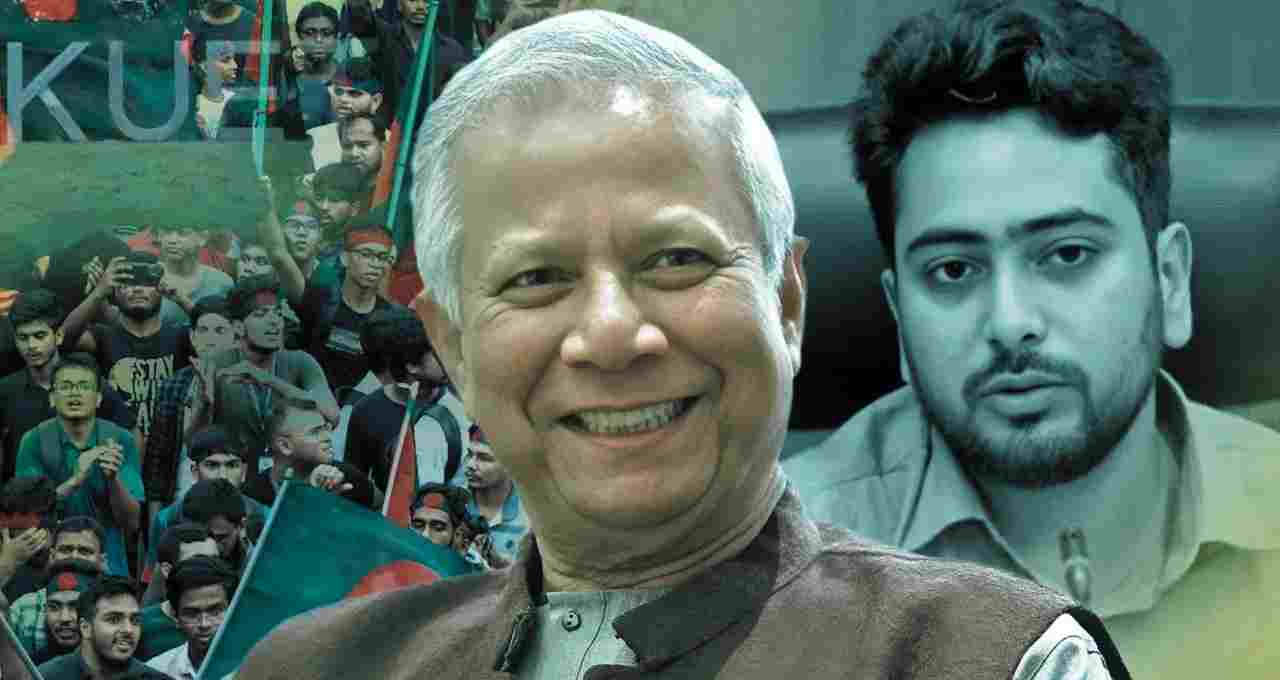
The striking aspect is that the US, which consistently invoked human rights and democracy concerns regarding the Hasina government, remains silent on the unconstitutionality of this interim regime and the electoral delay. Does this silence suggest that the current framework is of their own making? This raises the question: Is the future of democracy in Bangladesh truly safe in Muhammad Yunus's hands, or is he merely a figurehead deployed for US military expansion in Myanmar?
It is now time for neighboring countries like India to exercise caution. This issue is not merely about Bangladesh's internal politics, but is inextricably linked to the security and stability of South Asia as a whole.
